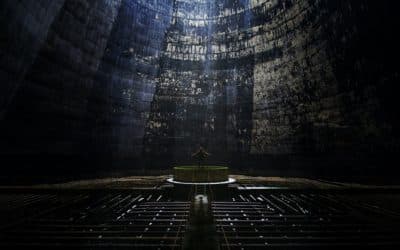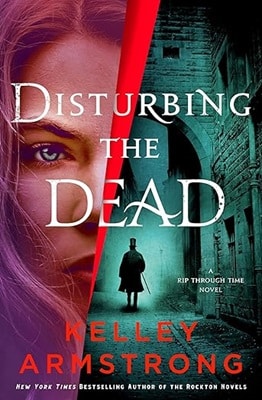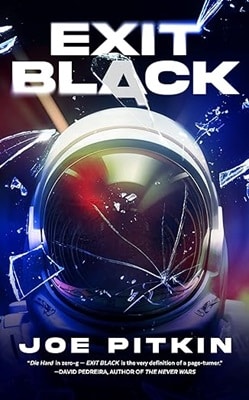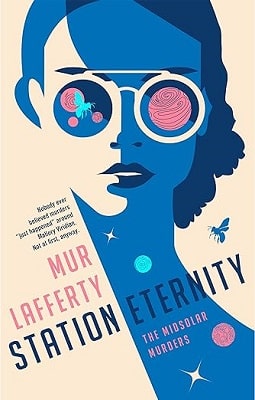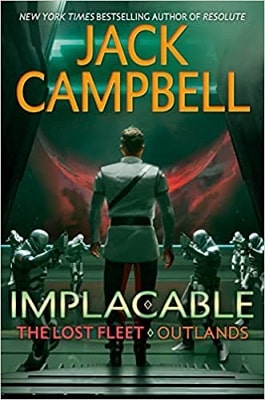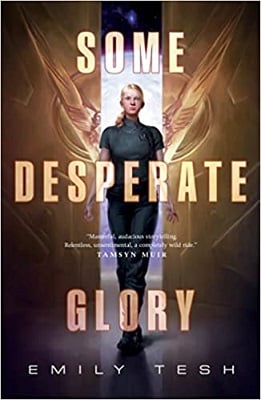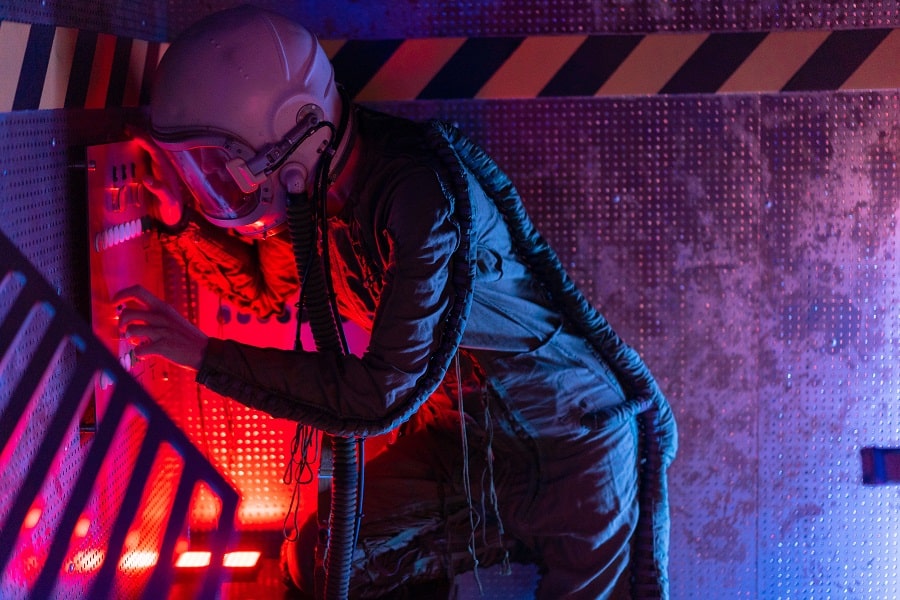
Feature
Suspense in Sci-Fi
Zita Grant
A sci-fi suspense story allows its audience to experience a new world or existence that, in some way, deviates from reality as they know it. Such deviation builds suspense by purposely concealing information and strategically piquing a person’s curiosity through questions posed.
Suspense in Science Fiction
As with other genres, a significant way to create suspense is through the art of character development. No matter the scenery, place, time, or even meaningful events, memorable characters should stay engraved in your mind long after the story ends. Such a trait can define a well-developed character. But how are they made memorable, creating levels of suspense?
Let’s start with a character’s motivation and goals. These should be revealed little by little instead of all at once. Then there’s the choice of voice used for the characters (be it first, second or third person). First person allows you to walk in the mind of the character. Second person, on the other hand, can make you feel as if you’re a character in the story, making the experience more intimate, less detached. Third person, more detached than the other voice choices, but certainly one with many advantages.
Suspense also needs a conflict. You know, that thing the characters have to deal with no matter how hard they may try to avoid it. Still, this conflict has to be reasonable within the plot. In other words, it has to be plausible, believable within the storyline and logic of the world. The character’s all-important backstory is displaying relatable personality traits. Their appearance fit within the world built, time-period, the overall plot (sticking within the sci-fi genre, explained further below).
Then there is the vital support of the secondary characters (which in sci-fi can be anything, even non-humanoid), helping to weave in or bring out parts of the plot. In most genres, something to be mindful of is that the main character in no way has to be likable, just memorable.
advertisement
Tying Together Science and Suspense (Like A Wormhole To Points In Space)
Sci-fi suspense demonstrates or explains a “what if…” question about our reality. The plot should have magnified an idea (and with sci-fi, there are many ideas to choose from) along with strategically demonstrating or explaining that idea, having executed the aforementioned elements. There tends to be an early introduction of the conflict, which intensifies from a series of obstacles blocking what the characters want. As the plot progresses, characters overcome whatever obstacles keep them from what they want, which helps them grow and change. Journeying with them as they overcome makes such characters more realistic and achieves that all-valued reader-relatability factor.
As big as sci-fi is within itself, and the multitude of possibilities, so should the suspense build-up be. There is no way around this; suspense requires build-up. It’s the escalating up to the big reveal that keeps you turning that book’s pages or your eyes glued to the screen watching that movie. The build-up should have effectively affected the main character’s life, reality, or the world where they live. To bring it home, if you’ve read a story and said to yourself, “just one more chapter, one more page.” Or maybe you’ve watched a movie and needed to step away from the screen for a moment, but fear of missing that nugget, that piece of well-revealed information, kept you still. These are signs that build-up is in effect. Oh, and let’s not forget the times you’ve walked around for days afterward, unable to stop a scene on loop in your mind because it unapologetically imprinted on you.
Staying True to Genre
Unlike fantasy, sci-fi requires logic. So, there should have been consistent subjective logic relating to the plot’s world; again, even if the reason differs from our world, it must be understandable and precise. If travel is mainly done via spacecraft from, say, planet to planet, there shouldn’t suddenly be a character whose finger snaps transports them from one place to another. However, something like that can work in fantasy because, in that genre, practically anything is possible, there is no need for rigid logic.
The Takeaways
Characters are what readers should take away most from the experience. The ones that you can cheer for, love, despise, or fear, ones so developed that you experience emotional connections; the stronger, the better. Links that help make up a strong connection can form by witnessing how the main character(s) navigate through the complexities of their created reality. The more a character’s actions align with yours, the easier it becomes to get hooked, generating an emotional character bond. Often, the intensity of this bond is made known in your reviews or comments of adoration and praise. I’m sure a few works come to your mind right now which you connected with in this way; I have my list.
Have any sci-fi suspense novels gripped you recently? If so, go and leave a review for those works. Share your experiences with others. Because like you and I, there are many eager to lock into their next sci-fi suspense encounter.
About the Author
Zita Grant is an author, publisher, three-time-startup CEO and founder in both the beauty and tech industries. Her books have gained her a diverse worldwide readership and following. Zita’s passion is that of writing fiction in the genres of speculative, paranormal and sci-fi. These three genres are often combined in the tales she weaves. She also enjoys sharing experiences and knowledge with other writers and entrepreneurs.
When Zita’s not writing her next book release, she’s either devouring great reads, watching a movie, or enjoying the outdoors.
Check out www.zitagrant.com and through it, connect with Zita on social media.

More Sci-Fi Thriller Features
Space Opera Thrillers
Nail-biting tension in worlds of spaceships and doom
Artificial Intelligence in Thrillers
AI and Identity in Thrillers
Sci-fi Mysteries
Why we love science fiction mysteries
Advertisement
Sci-Fi Thriller Reads
advertisement



